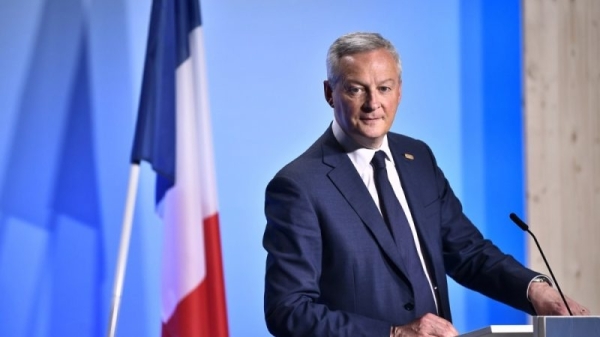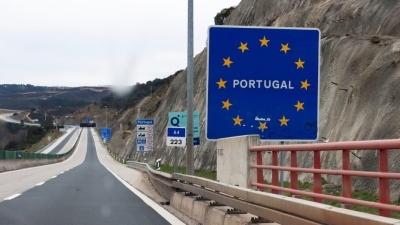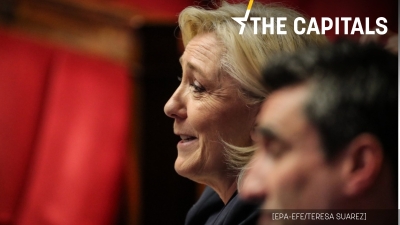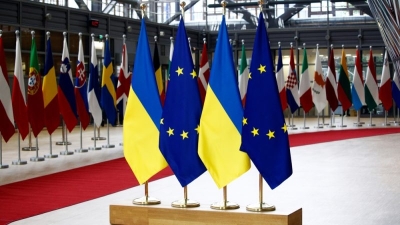French economy minister promises drop in food prices for 2024

The French will see prices of some foods drop this year, French Economy and Finance Minister Bruno Le Maire said on Sunday, addressing wide-felt concerns after last year was plagued by rising food prices.
Following many months of so-called “food inflation”, Le Maire assured the French that the price of some food products would fall in Sunday’s interview with France 3.
“You will see price cuts on butter, on oils, on certain products such as poultry, on certain meats, not just stabilisation,” he said in the interview.
France is one of the countries “where prices have risen the most since January 2022”, with cumulative food inflation of 17.9% between January 2022 and August 2023, a recent analysis by NielsenIQ reads. It is followed by Spain, at 17.2%, the UK at 16.7%, Italy at 16.4%, Germany at 15.5%, Belgium at 14.9% and Portugal at 12.4%.
But despite a rough 2023, Le Maire is convinced that things will improve once negotiations between food retailers and suppliers are set to end on 31 January – echoing what several big supermarket bosses have recently said regarding price increases and adding that price increases would not reach the levels they did following the outbreak of the Ukraine war.
“The good news is that double-digit inflation is over”, Thierry Cotillard, Chairman of the Les Mousquetaires group (Intermarché, Netto, Bricomarché, Bricorama, etc.), told Ouest France on Saturday, whilst criticising producers for hiking prices at a time when raw material prices have already been falling for several months.
To mark its opposition to price hikes from producers, French supermarket giant Carrefour has already withdrawn Pepsico brands (Pepsi-Cola, Lipton, Lay’s, Doritos, etc.) from its shelves.
Meanwhile, while Le Maire appears to have ensured commercial negotiations between retailers and distributors – typically held in March be brought forward as he announced during last year’s summer, he opposed the idea of such negotiations being organised throughout the year despite other European countries having adopted such a method since prices soared throughout the bloc.
“I think it would pose a lot of problems for our producers […], and I’m afraid it would make our farmers much more vulnerable”, he said.
But according to NielsenIQ’s Daniel Ducrocq, it is precisely because France has decided to stick with having commercial negotiations once a year that it continues to lag behind its European neighbours in reducing food prices, Ducrocq told Le Figaro in an interview.
Asked about tackling the crisis with more food vouchers as called for by many associations and politicians to help those on the lowest income, Le Maire said: “Let’s forget about voucher policies, we don’t have the means today”, saying he preferred upping aid for associations and food banks.
(Hugo Struna | Euractiv.fr)
Read more with Euractiv




